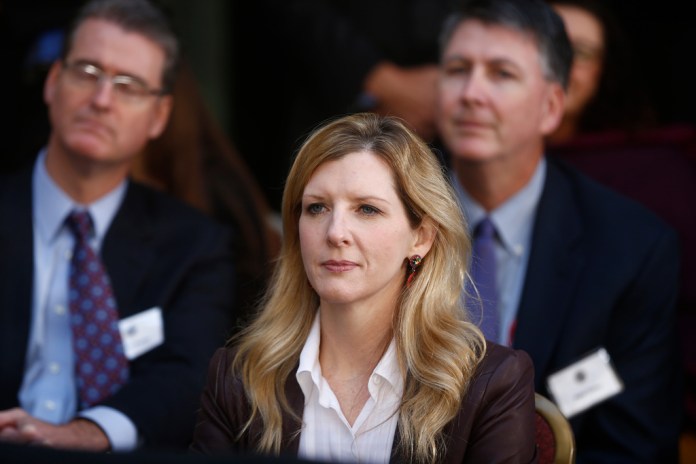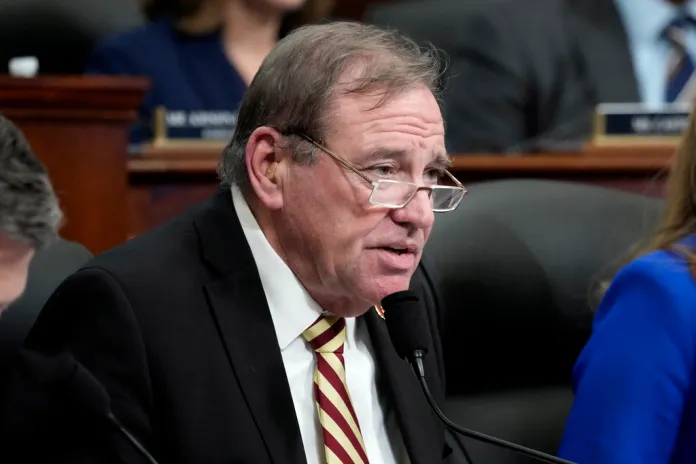Lecornu becomes latest French prime minister to resign
Sebastien Lecornu, the French Prime Minister, resigned less than 24 hours after announcing his new Cabinet, becoming the fourth French PM to step down within a year.Speaking publicly, Lecornu cited three main reasons making his job impossible: political parties’ refusal to accept the government’s decision not to use Article 49.3 of the Constitution (which allows legislation to be passed without a parliamentary vote), ongoing deadlock caused by factions unwilling to compromise despite none having an absolute majority, and the heightened partisan tensions fueled by preparations for the 2027 presidential election. Lecornu expressed frustration over parties prioritizing political battles over national interests.
Lecornu, a close ally of President Emmanuel Macron, was appointed in September 2025 but had the shortest tenure in the history of France’s Fifth Republic. His resignation follows that of his predecessor Francois Bayrou,who lost a confidence vote over unpopular budget reforms. The political impasse puts Macron in a tough position: either continue appointing prime ministers who struggle to govern or call a snap parliamentary election, which risks empowering right-wing opposition led by Marine Le Pen.Both right and left opposition leaders have called for new elections to resolve the crisis. Meanwhile, Macron’s centrist Renaissance party faces the threat of collapse if the deadlock continues until the 2027 presidential election.
Lecornu becomes fourth French PM to resign in a year, offers three reasons job is currently impossible
French Prime Minister Sebastien Lecornu has stepped down from his office less than 24 hours after announcing his new Cabinet.
Speaking to the press from the courtyard of the prime minister’s residence on Monday, Lecornu told reporters that he offered President Emmanuel Macron his resignation due to his belief that “one cannot serve as prime minister when the necessary conditions are not met.”
“I have built, or tried to build, the conditions needed to pass a budget for France, for the state, as well as for Social Security, while addressing some urgent matters that cannot wait until the 2027 presidential election,” he said before offering a list of three reasons he found himself unable to execute his role.
“First, because some political parties sometimes pretended not to see the profound rupture represented by the decision not to use Article 49.3 of the Constitution,” Lecornu explained. “In other words, there was no longer any excuse for a preemptive motion of no confidence.”
Article 49.3 states that the government is empowered to push legislation through the National Assembly, the lower chamber of the French Parliament, without putting it to a vote.
It is a legally legitimate tool of the national government, but has been scorned by lawmakers for decades due to accusations that the article runs contrary to democratic rule. Intentions to use Article 49.3 are often met with threats of a no-confidence vote to depose the prime minister.
Discontent among the three warring factions of the National Assembly — all unwilling to back down or form meaningful coalitions to escape months of deadlock — has made the idea of invoking Article 49.3 a non-starter for heads of government seeking to retain their offices.
Lecornu listed this stubborn lack of compromise on all sides as his second consideration in backing away from the job.
“The second thing is that political parties continue to adopt a posture as if each of them had an absolute majority in the Assemblée Nationale. And, basically, I found myself in a position where I was ready for compromises, but every political party wants the other political party to adopt its entire platform,” Lecornu said Monday.
He connected this complaint to individuals’ and movements’ desire to use domestic politics as a battleground ahead of the 2027 presidential election to pick Macron’s successor — the “third thing” that convinced him the job was untenable.
“The forming of a government within the common base did not go smoothly and reawakened some partisan appetites, sometimes not unrelated, and that is very legitimate, to the upcoming presidential election,” Lecornu said.
“I say this respectfully, as someone who is an activist at heart and climbed the rungs of republican meritocracy through being elected as mayor, as president of a department, as senator,” he said in conclusion. “I have respect for those who engage in activism. But you must always put your country before your party. You must know how to listen to your members, but always think of the French. Thank you all.”
Lecornu was Macron’s fifth prime minister in his second term, which began in 2022, and the fourth in the last year. Lecornu had the shortest tenure of a prime minister in the history of France’s Fifth Republic, according to reports.
He was considered a staunch ally of Macron and was appointed to the position on Sept. 9.
Lecornu’s predecessor, former Prime Minister Francois Bayrou, instigated his own confidence vote last month in a desperate bid to rally support for his unpopular budget proposals, claiming that France was on the precipice of financial disaster if significant reforms were not made.
He lost his office in a vote that surprised no one.
It’s a difficult situation for Macron, who must decide following each failed appointment whether to try yet another selection or call a snap election — the latter increasingly being seen as the only path out of the trilateral deadlock of the parliament.
If Macron were to concede to public opinion and call a parliamentary election to address the gridlock, he would likely be handing power to the nation’s right wing.
Archconservative lawmaker Marine Le Pen‘s party, the National Rally, maintains a healthy lead in public opinion polls with 32% support. The left-wing New Popular Front comes in second with 25%, and Macron’s centrist Renaissance faction sits at a mere 15%.
“A dissolution [of the National Assembly] is absolutely necessary,” Le Pen said following Lecornu’s resignation.
“The only wise thing to do now is to hold elections,” she said. “The joke’s gone on long enough. French people are fed up. Macron has put the country in an extremely difficult position.”
Her calls for a snap election are echoed by her rivals on the left, who also see no path forward without a reshuffling of seats.
FRENCH PRIME MINISTER RESIGNS AFTER LESS THAN FOUR WEEKS IN OFFICE
“The countdown has begun,” said Mathilde Panot, leader of the left-wing party La France Insoumise. “Macron must go.”
The alternative is not particularly appealing either.
While Macron is empowered to appoint a never-ending string of prime ministers to stand and get slapped down until the president’s term ends in 2027, the lack of resolution is damaging to Renaissance, the centrist party he helped create in 2016.
Two more years of a non-functioning government would likely spell disaster for the movement.
" Conservative News Daily does not always share or support the views and opinions expressed here; they are just those of the writer."




